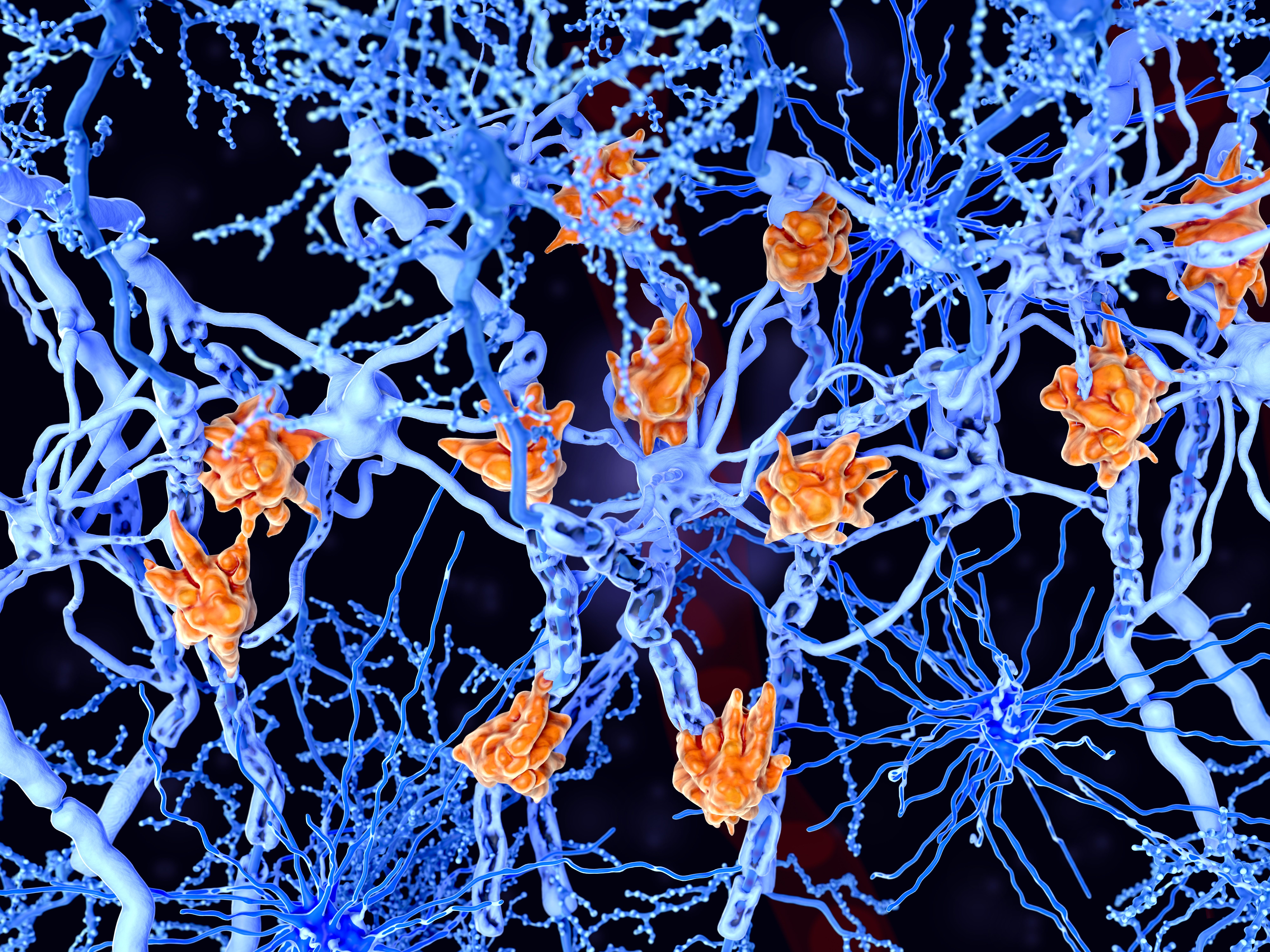
Multiple Sclerosis
Latest News
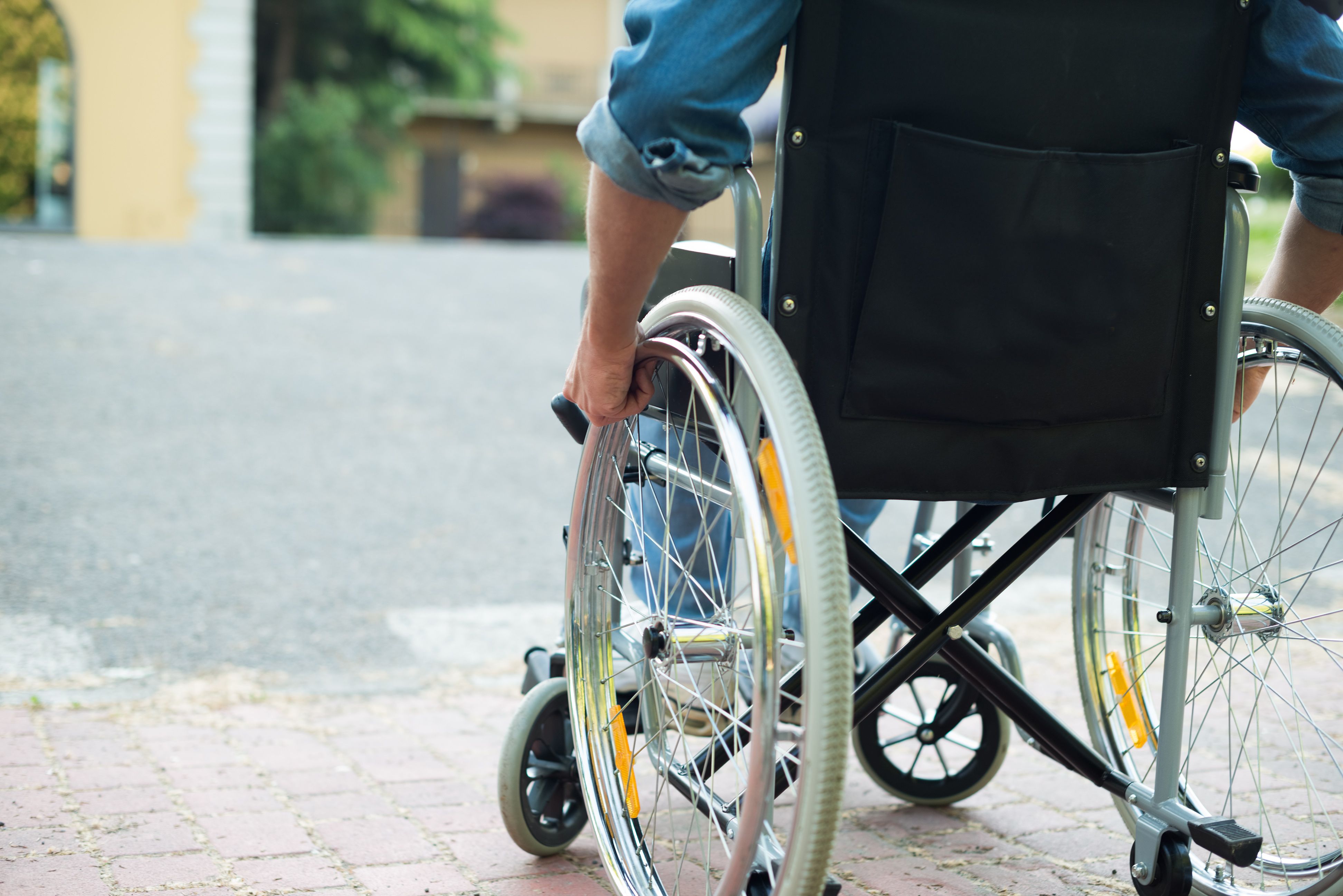
Latest Videos

CME Content
More News

Although resources were scarce for teams at smaller private practices, the pharmacists all agreed that patient care is always the priority.
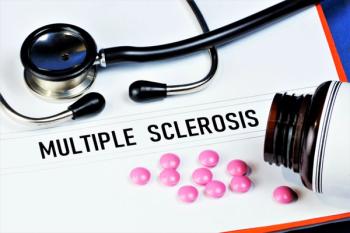
There has been a general shift toward earlier treatment and less tolerance for clinically silent disease activity.
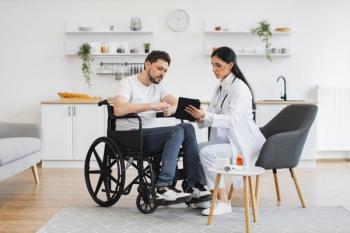
Although questions remain about ideal treatment strategies, consistent data have shown that patients should be treated early.

The results also showed that the PET scans could show damage to the individual’s brains, which was correlated with disability and fatigue.
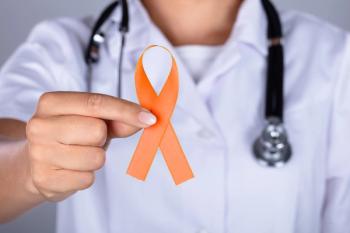
Speakers in a presentation discuss a specific patient with MS who experienced urinary complications and the methods used to treat her.
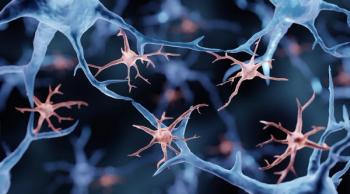
Frexalimab demonstrated a favorable tolerability profile after approximately 1 year of treatment for individuals with relapsing disease.

Ofatumumab (Kesimpta; Novartis) demonstrated a sustained efficacy as a first-line, continuous treatment for patients recently diagnosed and treatment-naïve with relapsing multiple sclerosis.

Ocrelizumab (Ocrevus; Roche) is being investigated as a twice yearly 10-minute subcutaneous injection compared to the intravenous infusion formulation.

The platform is a first-of-its-kind therapeutic approach to promote remyelination among individuals with relapsing/remitting multiple sclerosis.

Monitoring metal ion concentrations and chelation therapy is hypothesized to alleviate symptoms and diseases caused by neuroinflammation.
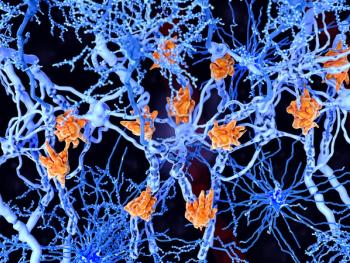
A subcutaneous injection of ocrelizumab was markedly effective at suppressing brain lesions in patients with multiple sclerosis, according to data from a phase 3 trial.

The FDA is the first regulatory agency globally to approve natalizumab-sztn as a biosimilar for natalizumab.

Long-term data show that early treatment with ofatumumab decreased confirmed disability worsening in nearly all study patients with relapsing multiple sclerosis.

The CBD gummy market is being fueled by the desire for alternative, natural treatment options.

Ublituximab-xiiy from TG Therapeutics Inc is the first anti-CD20 monoclonal antibody approved for individuals with RMS that is administered as a 1-hour infusion after the starting dose.

With the advent of disease-modifying therapies, the life span of patients with multiple sclerosis has increased dramatically.

Ozanimod is an oral, sphinogosine 1-phosphate (S1P) receptor modulator that binds with high affinity to S1P receptors 1 and 5.

Investigational targeted B-cell therapy demonstrates superior efficacy compared with teriflunomide, a commonly prescribed treatment for MS.

Researchers highlight how a lack of access to medications used to treat multiple sclerosis, migraines, and epilepsy, but not proven safe for pregnancy, threatens child-bearing aged women who live with these conditions.

After 4 years of treatment with ofatumumab, 78.8% of patients with relapsing forms of multiple sclerosis who continuously received ofatumumab achieved NEDA-3 compared to 51.8% of those who switched from teriflunomide to ofatumumab.

Jazz Pharmaceuticals announced top-line results from the phase 3 RELEASE MSS1 trial, evaluating nabiximols oromucosal spray in individuals with multiple sclerosis.

Pharmacists should review the medications of patients with multiple sclerosis regularly to assess drug-drug interactions.

Pharmacists who educate patients with multiple sclerosis and expand their understanding and knowledge of the condition empowers them to take part in a more active role in managing their health.
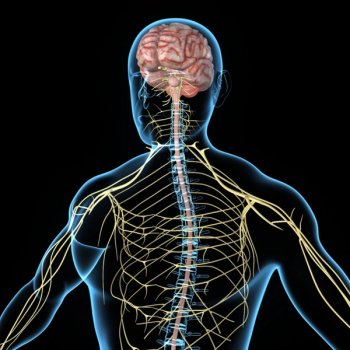
New validated testing method for multiple sclerosis measures kappa immunoglobulin free light chains in cerebrospinal fluid.

Individuals with multiple sclerosis should follow vaccine guidelines before starting disease-modifying therapies, case study results show.




